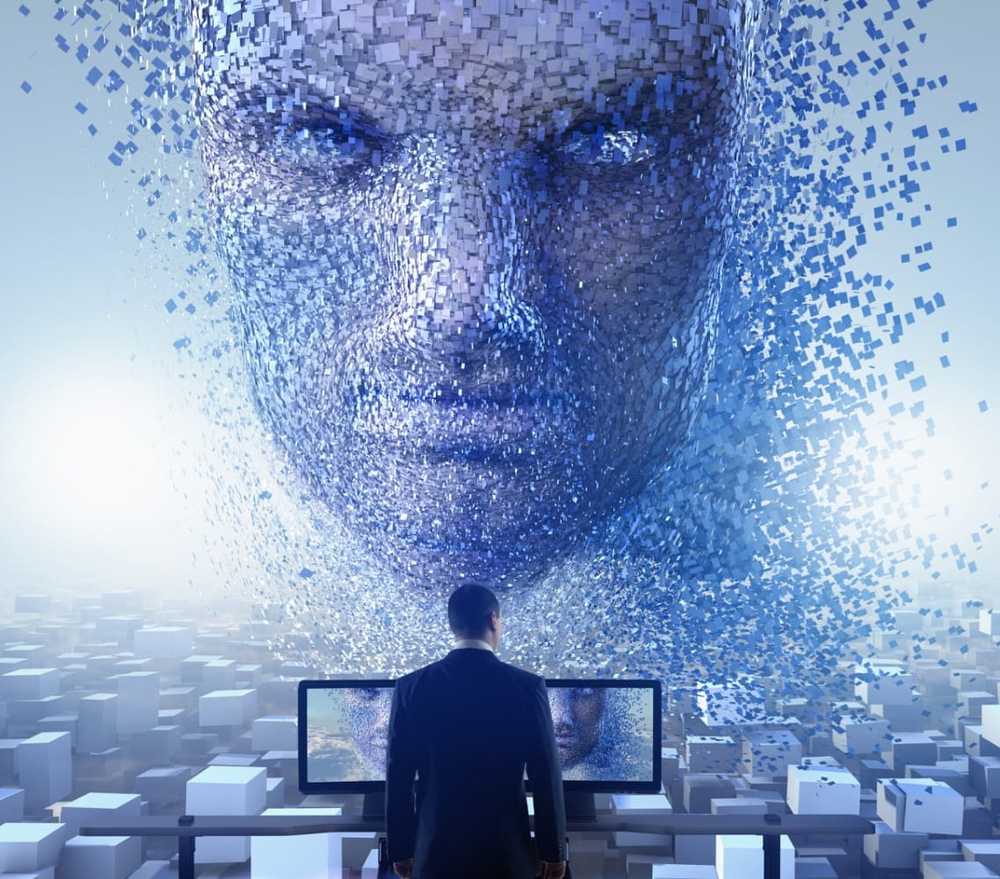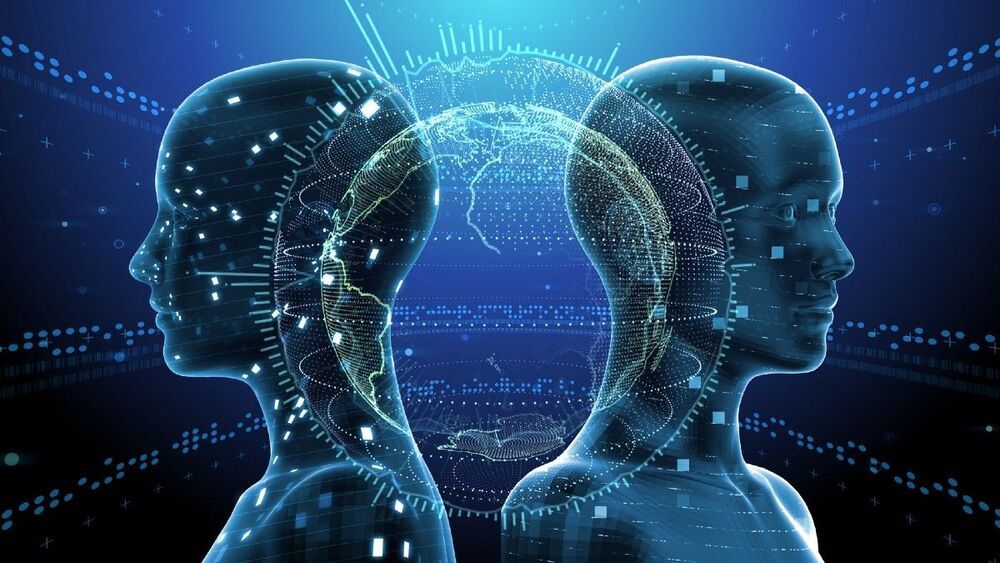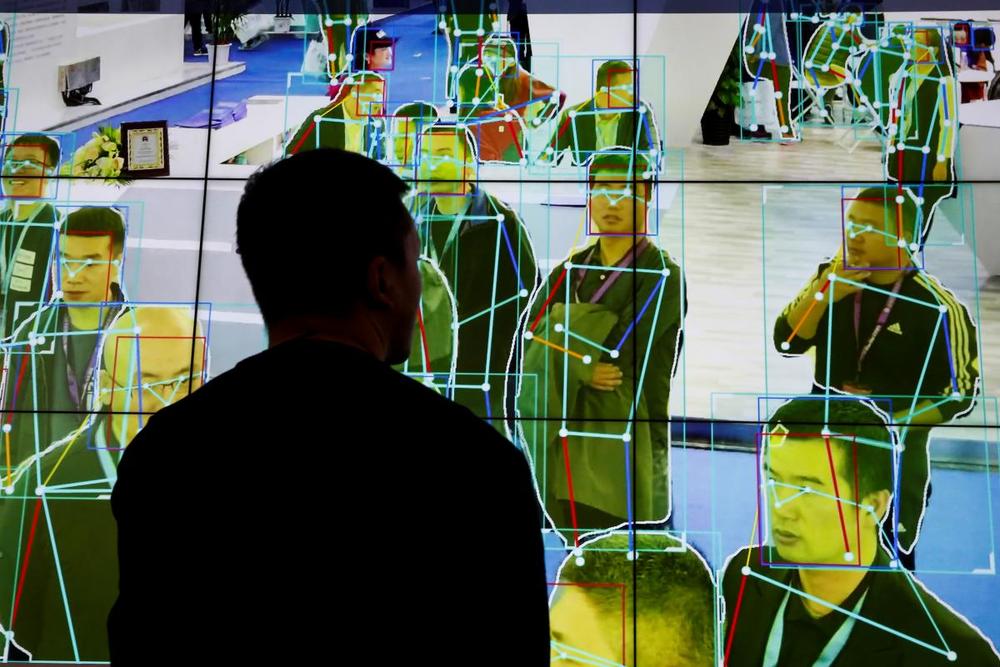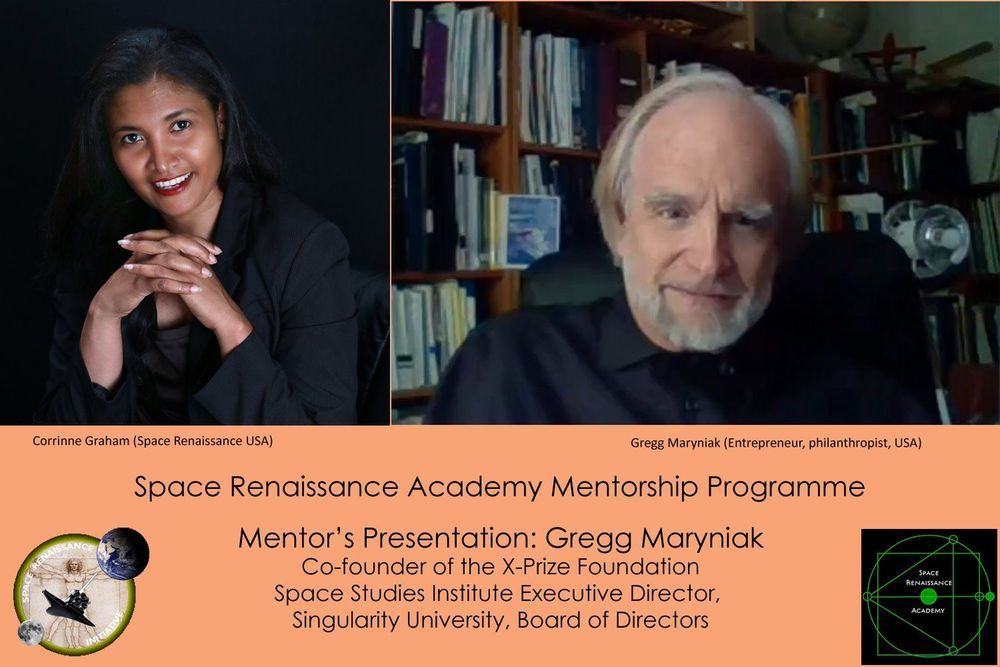A new D-Theory of Time, or Digital Presentism, is predicated on reversible quantum computing at large, including the notion of ‘Anti-Time’ around which the present article revolves. If you think Anti-Time is nothing but fiction, and doesn’t apply to our reality, think again. As Dr. Antonin Tuynman writes in his Foreword to The Physics of Time: D-Theory of Time & Temporal Mechanics by Alex M. Vikoulov: “Whereas quantum physics and relativity theory have been solidly in place for over a century now, stubbornly and forcedly we still cling to atavistic interpretations, which are no longer in line with the well-established findings of our experiments in physics. Amidst the turmoil of this spinning convoluted dreamtime of our digital Cyberbardo, Vikoulov carves out a trajectory for understanding.”
#AntiTime #PhysicsofTime #DTheoryofTime #DigitalPresentism #TemporalMechanics
Many temporal concepts are undoubtedly extremely counterintuitive. Time directionality and time symmetry are especially notorious ones. Any of the possible pasts may have led to the present “digital” conscious instant. This is a strange idea if you are accustomed to looking at the world in a strictly linear, deterministic way, but it reflects the uncertain world described by quantum mechanics. A major counterargument to the multitude of pasts could be a combinatorial explosion of observer ‘anti-time’-lines, i.e., digital timelines extending in the opposite temporal direction from the present temporal singularity to the Alpha Point (Digital Big Bang). So, how in the quantum multiverse are those digital anti-timelines supposed to converge once again at the Alpha Point?
The answer has to do with reversible entropy (not observable, of course, in the Newtonian classicality). Reversing information entropy is like going from higher complexity to lower complexity. As long as you continue to unwind the complexity bit-by-bit, you’ll end up at the point of the lowest possible complexity with, perhaps, 1 bit of entropy — the Alpha Point — the convergent point of all anti-timelines and simultaneously the point of origin of all observer probable timelines.
All theoretical roads lead to the physics of information, otherwise known as Digital Physics. Researchers suspect that ultimately the axioms of quantum theory will be about information: what can and can’t be done with it. One such derivation of quantum theory based on axioms about information was proposed in 2010. “Loosely speaking,” explained Jacques Pienaar, a theoretical physicist at the University of Vienna, “… principles state that information should be localized in space and time, that systems should be able to encode information about each other, and that every process should in principle be reversible, so that information is conserved.”








